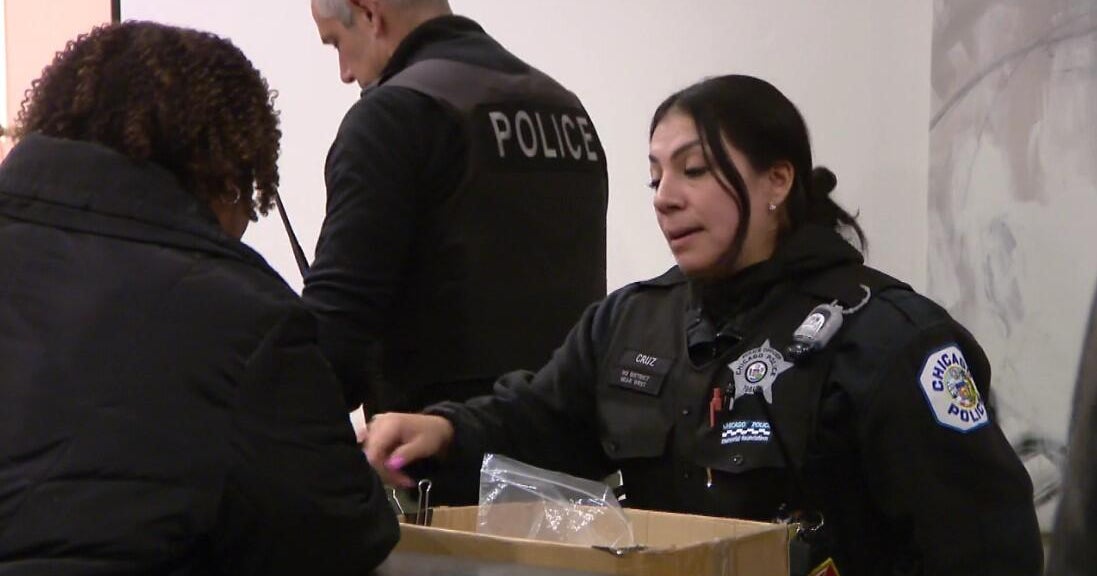5 Common College Dorm Safety Hazards
While a college dorm room might look clean to the naked eye, they are heavily trafficked areas that can easily become breeding grounds for a host of debilitating viruses. To ensure that you don't become infected with someone else's cold, flu, mononucleosis or meningitis, make sure you wash your hands and face regularly and keep your living space clean. It's also advisable to be current on all your vaccinations before moving into a dormitory. Additionally, prophylactics like latex condoms should be used in conjunction with any sexual activity as to stop the spread of sexually transmitted diseases.
Bedbugs
Bedbugs have been the scourge of many a college campus over the years, because ridding a dorm of these fast breeding, bloodsucking insects often requires the services of a professional exterminator. While there is no surefire way to prevent a bedbug infestation, regularly washing your sheets and linen with hot water will at least make it difficult for these pests to secure a hold in your room. If you come to believe that your room is infected by bedbugs, contact a resident advisor immediately.
Sleep Deprivation
While the idea of a college student spending the night preceding a midterm or final exam obsessively studying in hopes of boosting their final grade has become a cliché, some studies have shown that all nighters actually worsen academic performance. Ultimately, caffeine-rich beverages are not a substitute for sleep, so students should endeavor to establish regular sleeping schedules that will keep them alert and focused during their college experience.
Fire
According to the US Fire Administration, "an estimated 3,800 university housing fires occur each year in the United States." As such, students should make sure to never leave any cookware or candles unattended and abide by any college or university regulations regarding the possession of certain flammable materials. It's also a good idea to not leave any of your electronic devices powered on for extended periods of time, as they can become dangerously overheated.
Binge Drinking
Lastly, it is incredibly important that college students resist the urge to drink too much, too quickly. While it is very tempting to indulge in excessive alcohol consumption without the direct oversight of a parent, some 1,400 college students die each year from alcohol-related accidents. Undergraduates who are under the age of 21 should abstain from alcohol, as underage drinking has severe civil and criminal penalties, and those of legal age should drink only in moderation, for the sake of themselves and their fellow students.







